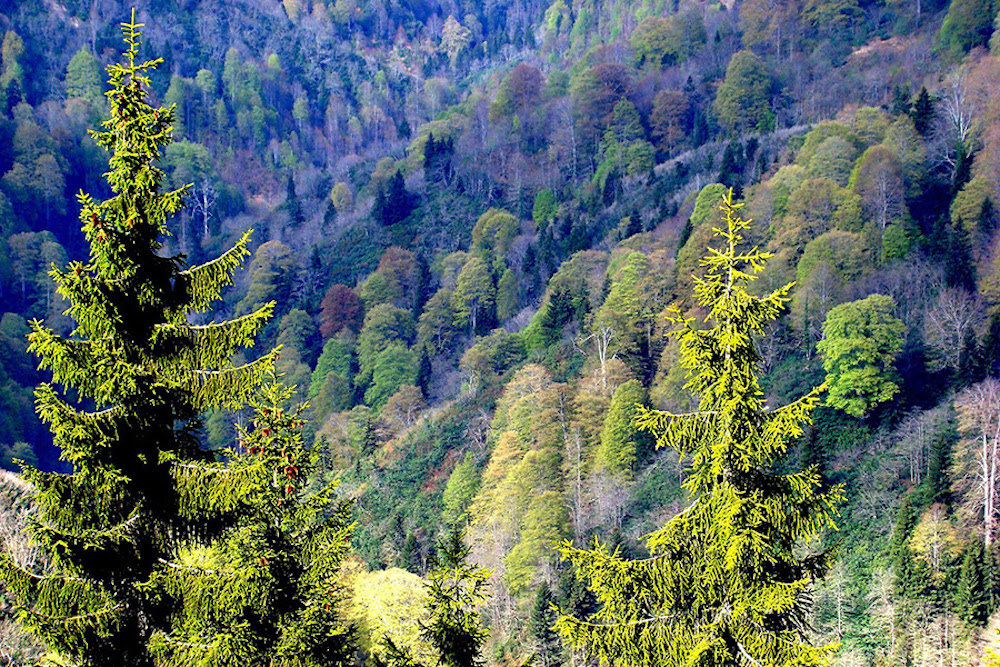Every week, the editors of The Paris Review lift the paywall on a selection of interviews, stories, poems, and more from the magazine’s archive. You can have these unlocked pieces delivered straight to your inbox every Sunday by signing up for the Redux newsletter.
This week at The Paris Review, we’re dwelling on the environment. Read on for Rae Armantrout’s Art of Poetry interview, Leigh Newman’s short story “Howl Palace,” and Mónica de la Torre’s poem “Boxed In.”
If you enjoy these free interviews, stories, and poems, why not subscribe to The Paris Review? Or, better yet, subscribe to our special summer offer with The New York Review of Books for only $99. And for as long as we’re flattening the curve, The Paris Review will be sending out a weekly newsletter, The Art of Distance, featuring unlocked archival selections, dispatches from the Daily, and efforts from our peer organizations. Read the latest edition here, and then sign up for more.
Rae Armantrout, The Art of Poetry No. 106
Issue no. 231, Winter 2019
When I write about climate change, I tend to write about the ways we try to escape from it in fantasy, the ways we fool ourselves. I write from a complicit position because I know I’m part of the problem. Of course, we need governments to act, to restrain coal production and find alternative fuels. But I’m not totally innocent, always getting on airplanes and flying to conferences and readings, putting jet fuel into the atmosphere. And I do use a lot of paper.
Howl Palace
By Leigh Newman
Issue no. 230, Fall 2019
“Well,” he said. “You got me, Dutch.” He laughed. I didn’t. Another leaf blazed down toward us. Fall lasts for weeks now—which, despite my best efforts, still befuddles me. All my life, fall took about three days in August, the leaves dropping almost overnight, followed by a licorice snow taste in the wind. Global warming, the papers say, though almost all the articles talk about are the dying caribou and the starving puffins, never the less obvious, alarming changes of every day—and the guilt about living in an oil state that goes along with it. As if the rest of the country, sucking up all that oil and burning all that coal, isn’t also to blame.
Boxed In
By Mónica de la Torre
Issue no. 224, Spring 2018
Heads up, false friends use familiarity as camouflage.
In the source language deciduous might be confused with apathy,
but nothing could be further away from desidia than the timed impermanence of leaves.
Yes, even forests engage in a form of family planning.
We took for granted the tree outside our window until it failed to bud.
A ginkgo, they cut it down when the building across the street went up.
Since our view is limited, we like to imagine the situation from the missing tree’s perspective.
Given the recent turn of events, it might have resisted blooming.
It was protesting its decorative use to boost property values.
Or perhaps after millennia of honing its particulars, it refused “the magic of tree-lined streets.”
Concrete blocks these social beings’ access to fungal networks,
prevents their roots from interconnecting.
Are you a reluctant loner like the specimens that surround us here today?
I hope you understand I don’t mean to ruin the relationship.
from The Paris Review https://ift.tt/3iN8c3i



Comments
Post a Comment